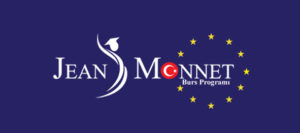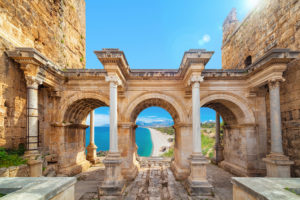
Increasing Competitiveness of Middle Black Sea Region TR83
Turkey’s Middle Black Sea region was set up in 2009 and is now well established; the Middle Black Sea Region Development Agency (OKA) carries out activities to support the economic and social development of Amasya, Çorum, Samsun and Tokat provinces. The main objective of this project was to

Technical Assistance for Establishment of MOBİTEK in Kayseri
The project’s overall objective is to increase the productivity and efficiency of the furniture manufacturing of small and medium enterprises (SMEs) in Kayseri and strengthen their product development and marketing capabilities.

Technical Assistance for Jean Monnet Scholarship Programme
Turkey’s negotiations in pursuit of full membership in the European Union (EU) place significant responsibilities on all sections of Turkish society. This fact means that Turkey needs individuals from all parts of society who can closely follow and contribute to EU-related issues. In this context, the specific purpose

Strengthening Vocational Qualifications Authority (VQA) and National Qualifications System (NQS) in Turkey
It can be claimed that the labour markets are required to ensure the provision of formal and non-formal education and training, to support life-long learning, strengthening the relationship between education and employment, and facilitating harmonization with the European Qualifications Framework (EQF). Within this scope, the project aimed to

Support to Quality Infrastructure Framework within the DCFTA Context in the Republic of Moldova
The Moldovan Government has commitments under the EU Association Agreement (EU AA) roadmap relating to improving the domestic investment climate and enhancing the competitiveness of Moldovan businesses in foreign markets. This roadmap is designed to help close the country’s competitiveness gap, enhance its overall productive potential, move it

Technical Assistance to Support the Implementation of the Rural Development Sector Development Programme (Phase 1 + 2)
After the positive vote of the Turkish Cypriot community in the 2004 referendum to reunite the island, the European Council decided to end the isolation of the Turkish Cypriot Community and facilitate its integration with the EU. Therefore, the purpose of the project was to improve socio-economic conditions

